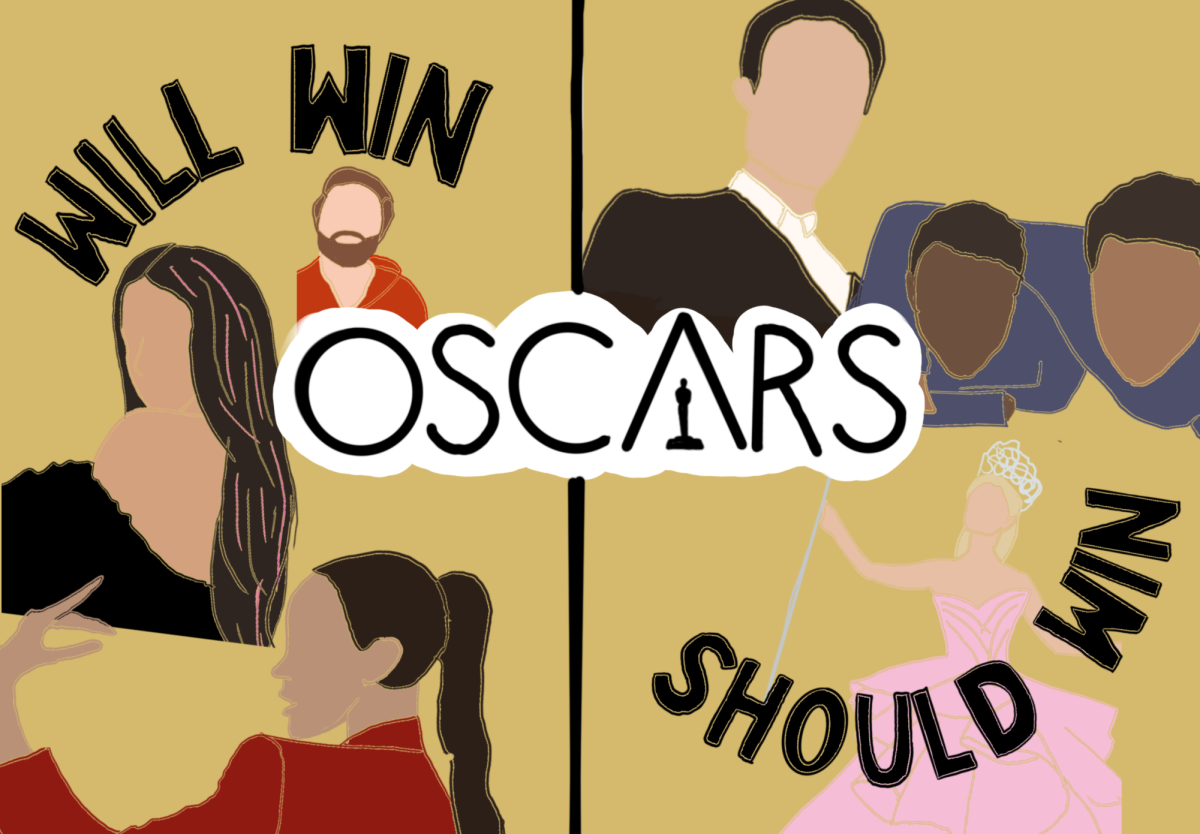By Bill Shaner, News Correspondent
English professor Gary Goshgarian – or Gary Braver, as he’s known in the literary world – has a knack for turning popular scientific ideas into mortifying stories. In his books, he’s tackled topics like anti-aging science, plastic surgery, intelligence boosters and a cure for Alzheimer’s, all with a self-professed “Be careful what you wish for” motif. His eighth and newest book, “Tunnel Vision,” appears no different, taking the concept of proving an afterlife, and therefore God, through science. It centers around a Northeastern graduate student and takes place on Northeastern’s campus. “Tunnel Vision” will be available in bookstores June 21.
The News sat down with Goshgarian last week to discuss his inspiration, where he stands on the science vs. religion debate and some tips for students looking to get into the literary game.
Huntington News: Where did the inspiration for “Tunnel Vision” come from?
Gary Goshgarian: The older I get, the more I’m in favor of an afterlife [laughs].
I have read about near-death experiences. I had a friend who had a near death experience. He claimed he floated above the paramedics and saw them giving CPR. He felt a great sense of tranquility and unity, and travelling down the tunnel toward a celestial light and all that. And I wanted to look into that, to see if there was something to that or if it was just neurobiology.
So I imagined a Northeastern student with gambling debts up to here, [from] playing a lot of online poker. And he’s an atheist. He’s the head of the humanist society here – not a religious guy. He gets into an accident, wakes up four months later, … reciting the Lord’s Prayer from the Sermon on the Mount, in the original Aramaic. Of course he never had a course on it, doesn’t know it. Where did this come from? And all sorts of religious people flock to his hospital bed for miracles.
Also picking up notice is a team of neuroscientists very interested in near-death experiences. Is there something to it? Is there a spiritual world? Or is it all neurobiology? And that became the genesis of the idea: going into the lab, flat lining people, and seeing if there’s something beyond.
HN: You’ve used Northeastern as a location for this book and you’ve used it in some of your older books, too. Do you feel there’s something about Northeastern’s campus that lends itself to your work?
GG: It’s in the heart of Boston. All my books are Boston-based. I know it well. Also, it’s kind of like the old Beach Boys song: “Be true to your school.” I’ve been here for 35-plus years; I’ve also gotten to know people in the technical science and technology departments, and they were more than happy to talk shop – get me from here to there and make me sound like I know what I’m talking about. Why not have it here, why not stage it here? I know grad students, I’ve been here forever. It’s a great place to stage things. Why not? Be true to your school.
HN: Are any of the characters in this book based on real Northeastern students or fellow faculty members?
GG: No one in particular. When you’re writing characters, you take eccentricities, points of view. You can never fully capture another human being. … There are some religious students I’ve had who’ve influenced some of the secondary characters in the book but I would never take their names, where they’re from, just an aspect of them that helps me flesh out the character. All characters are composites.
HN: From reading the synopsis and reviews, it seems like the conflict of religion and science is a pretty big theme in the book. Is this a book for the person of reason or the person of faith?
GG: I think for both. What’s behind the scenes, the person funding the research, is someone who looks at the world by saying we’re killing each other over arguing about my God being better than your God, or my imaginary friend being better than your imaginary friend. In fact, that’s a line I use in the book. So what [the character] wants to do is have science, which is anti-religious, be the tool for exposing what he hopes is hard evidence for the afterlife and, by extension, God. So what he wants to do is bring science and religion together and all the major religions together and say ‘Look it, guys, here is hard evidence, and I’m going to show you, here is afterlife, here is sentience and perhaps a divinity.’ … So the intention is very good, it’s to unify the world. To put science and religion on the same plane and prove God is with us. It’s for both.
HN: It seems you’re pretty well-established. You’ve written eight novels and have won the Massachusetts book award. Do you have any advice for young writers?
GG: Read, and read slowly. Don’t read for plot alone. Look at a book the way a carpenter looks at a house, or a plastic surgeon looks at a face. Study the angles, study the economy of structure, how quickly and efficiently an author can characterize someone by a line or two of dialogue. If you wanna write, read constantly. Read people you want to grow up to write just like. Read me [laughs]. That really is the only quickie answer. If you’re going to enter an arena of verbal-ness, you’ve got to be verbal. You’ve got to keep the rust off the sword and constantly be growing as a writer as you pick up how other people do it.









